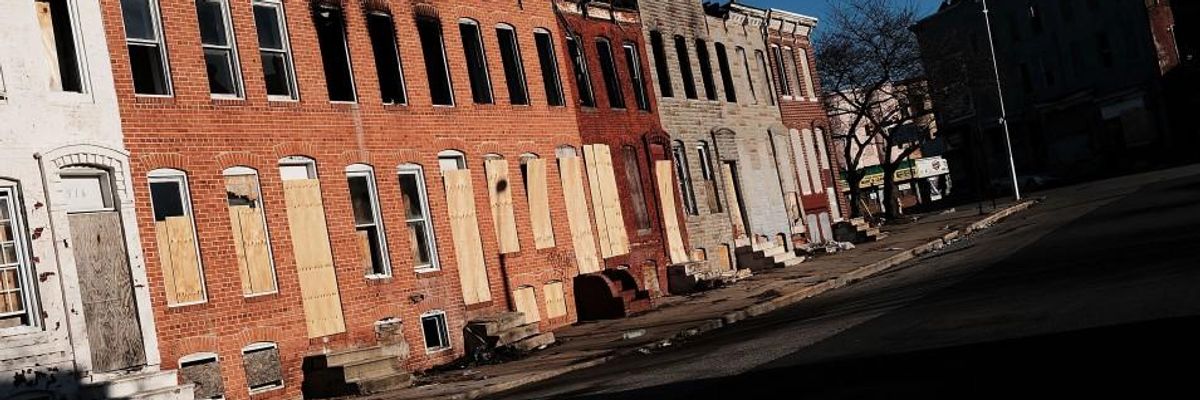Displaying what one United Nations human rights expert called "arrogance" considering international outcry over the Trump administration's record of human rights violations, the State Department has refused to cooperate with U.N. investigators regarding their complaints about such issues for the better part of a year.
As the Guardian reported Friday, the administration has "quietly and unnoticed" left unanswered at least 13 official requests from U.N. special rapporteurs on human rights since last May. The failure to respond began a month before Philip Alston, special rapporteur on extreme poverty, issued a scathing report detailing "devastating inequality" in the U.S., made worse by the policies of President Donald Trump and Republican lawmakers.
As Alston said, the administration's refusal to answer questions and cooperate not only leaves issues including inequality and the rights of immigrants and asylum seekers unaddressed in the U.S., but also sends a harmful message to other human rights abusers leading countries around the world.
"This sends a message that you can opt out of routine scrutiny if you don't like what is being said about your record on human rights," he told the Guardian.
ACLU human rights director Jamil Dakwar also called the State Department's conduct "a serious setback to the system created after World War II to ensure that domestic human rights violations could no longer be seen as an internal matter."
The administration was dismissive of Alston's report, which made headlines last June. Then-UN ambassador Nikki Haley called the study "patently ridiculous" and suggested that no human rights violations exist in the U.S.--despite well documented evidence of growing income inequality, a federal minimum wage which cannot pay the rent on a two-bedroom apartment in any state in the country, the use of solitary confinement in U.S. prisons, and the Department of Homeland Security's (DHS) forcible separation of thousands of children from their parents.
The Trump administration's attitude toward the U.N. special rapporteurs on human rights "demonstrates a rather inappropriate arrogance, at a time when human rights in the U.S. are particularly fragile," said Leilani Farha, investigator on adequate housing.

